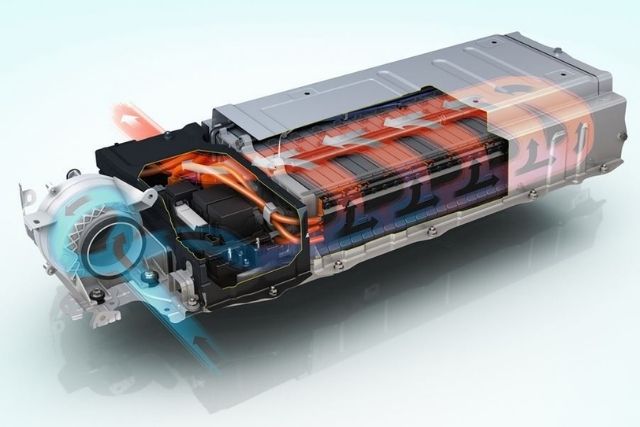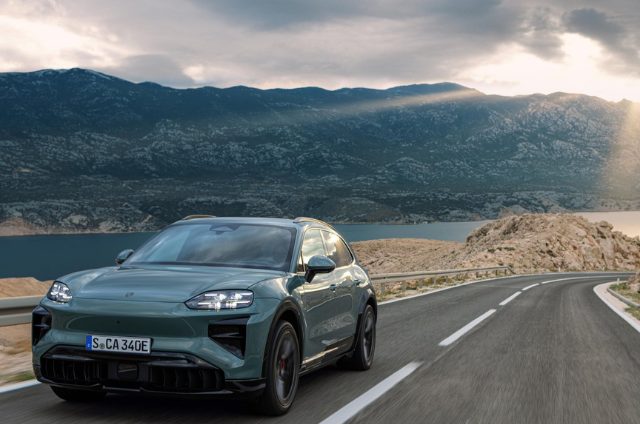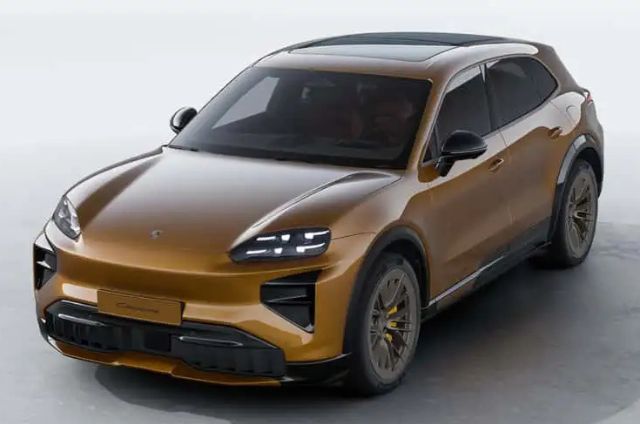When it comes to choosing the right cooling system for a small EV, especially one with a battery pack as specified in your scenario, it’s important to weigh the benefits and limitations of air cooling versus more advanced methods. Let’s dive into how air-cooled batteries fare, particularly in hot climates.
Air Cooling for EVs
Air-cooled batteries rely on natural airflow to dissipate heat, as opposed to liquid cooling systems that use fluids to manage temperature. This method is simpler and less expensive, which can make it an attractive option for smaller, less powerful electric vehicles (EVs). For a mini EV with an 18.5 kWh battery pack and a 30 kW motor, air cooling might seem sufficient given its limited power and lack of fast charging capabilities.
Performance in Hot Climates
Your concern about high temperatures is valid. In cities where temperatures can soar above 40°C (104°F), air-cooled batteries may face significant challenges. High ambient temperatures can cause the battery to overheat, potentially leading to faster degradation and reduced performance over time. This is especially critical if the vehicle is used frequently in these conditions or left in hot environments, such as under direct sunlight.
The Impact of Air Cooling on Battery Health
While air cooled batteries are generally adequate for moderate climates, it might not be ideal for extremely hot conditions. Passive air cooling systems, which rely on ambient air to manage heat, are less effective at maintaining optimal battery temperatures. This could result in:
- Increased Battery Degradation: Prolonged exposure to high temperatures can accelerate battery wear and shorten its overall lifespan.
- Reduced Performance: Higher temperatures can affect the efficiency of the battery, potentially reducing the vehicle’s range and performance.
Balancing Cost and Performance
For a small EV used for short trips with no fast charging needs, active air or liquid cooling systems might not be necessary. However, the high temperatures in your region could make advanced cooling systems more beneficial. They offer more precise temperature control, which can help in maintaining battery health and performance.
Ultimately, whether air cooling is sufficient depends on your specific usage patterns and the local climate. If the vehicle’s primary use involves short trips and occasional longer journeys, and you can manage parking and charging conditions to minimize heat exposure, air cooling might be adequate. However, if you’re concerned about long-term battery health and performance, investing in a vehicle with more advanced cooling technology might be worth considering.
In summary, while air-cooled batteries can work for small EVs under moderate conditions, extreme heat can pose risks. Balancing the simplicity and cost of air cooling against the benefits of advanced cooling methods is key. For a vehicle used in consistently high temperatures, considering advanced cooling options might offer better long-term performance and battery health.



